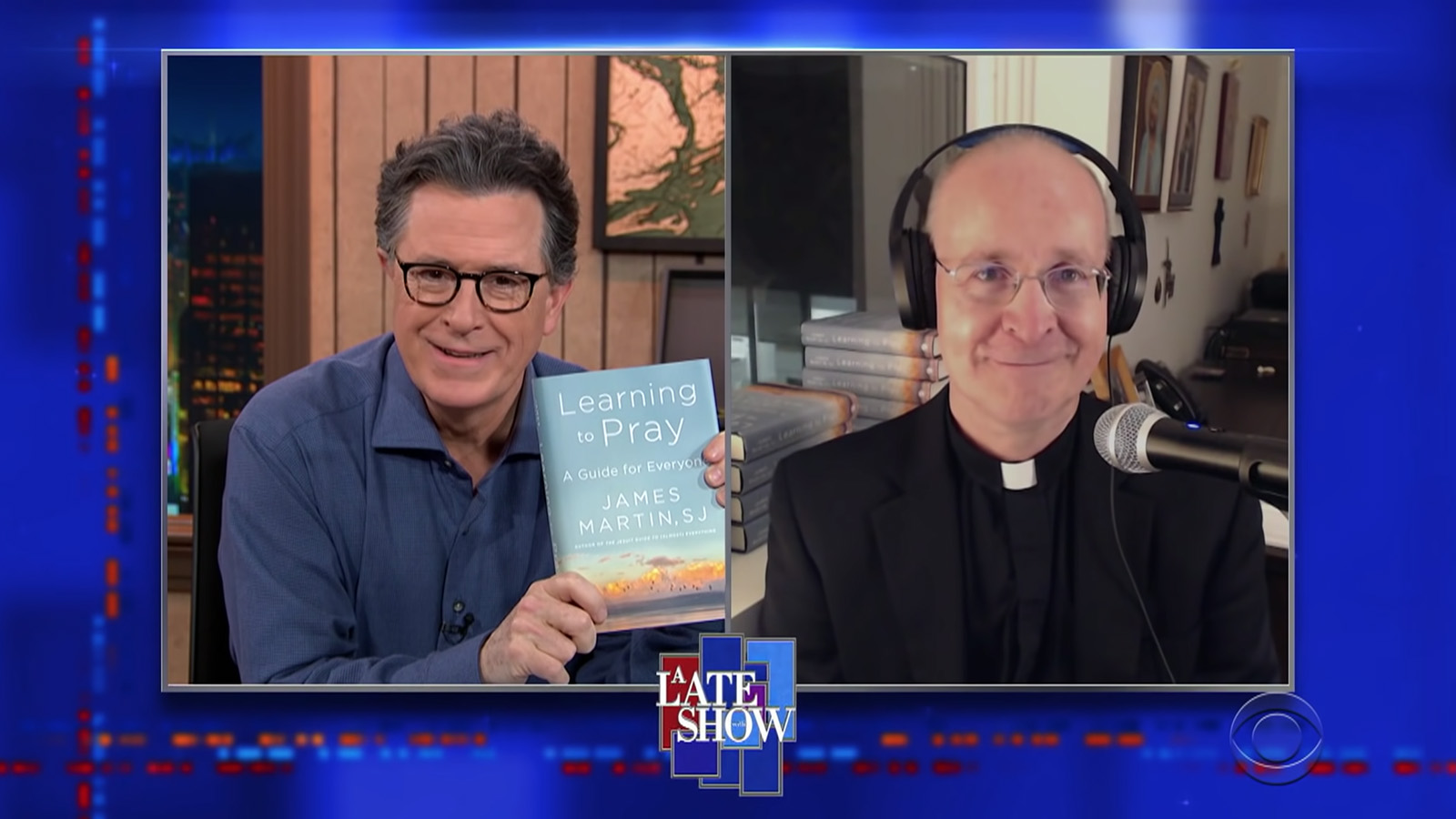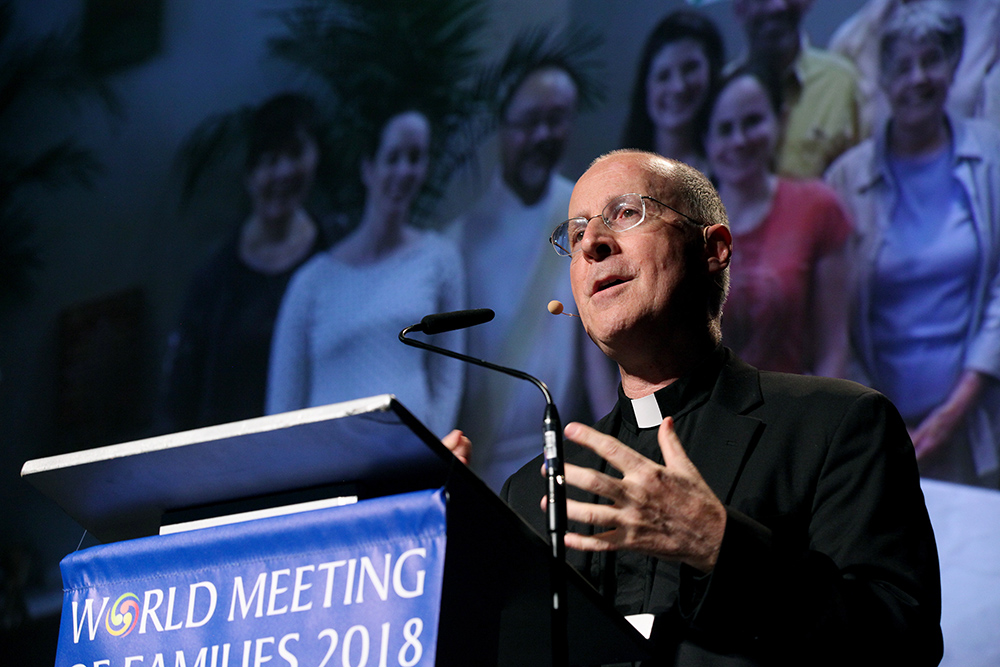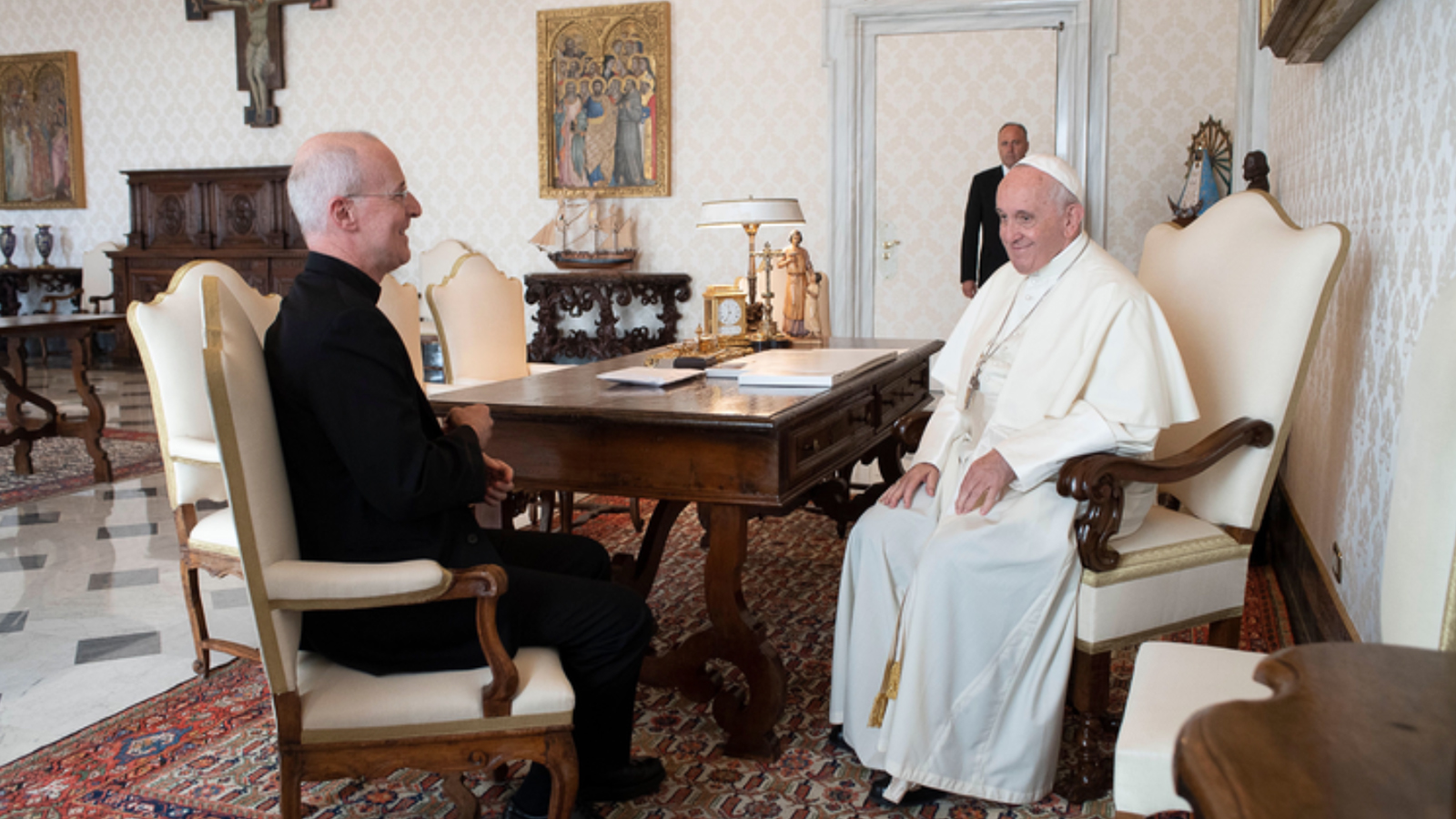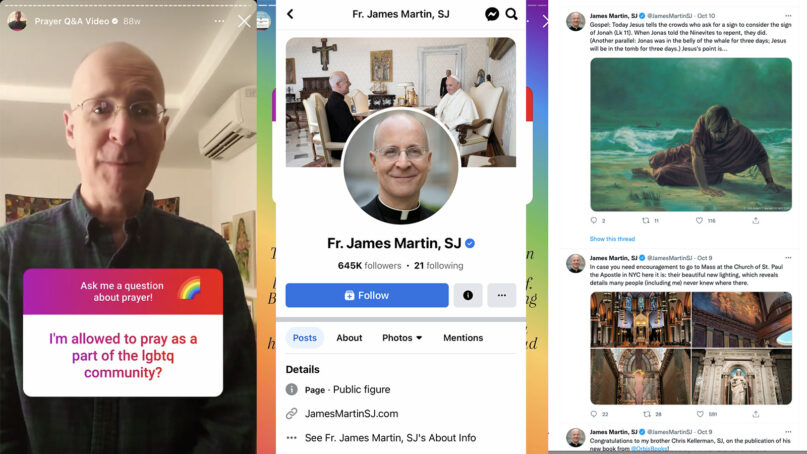(RNS) — The Catholic Church in America is experiencing great flux — with profound potential and the pain of reckoning and responsibility. Thirteen percent of Americans, according to Pew Research, are former Catholics, while the parish Masses are filled with growing numbers of immigrants from Latin America, Southeast Asia and Africa.
Women are rising to new roles of leadership as directors of religious education and pastoral associates, even as the top leadership roles remain reserved for male priests. Likewise, Pope Francis has officially supported ministering to LGBTQ people and encouraged their embrace within Catholic families — creating new possibilities for in-reach.
This time of great change affords Catholic clergy the chance to adapt to new needs and serve people in new ways. Even as some may feel constrained by vows of obedience that obligate leadership to line up with papal directives, others are finding support for new areas of ministry and outreach to underserved and marginalized groups.
Few have done so with the success of the Rev. James Martin, S.J., who serves as editor-at-large of “America” magazine and is a public theologian who encourages and serves millions online, in print and in person. Martin brings a sense of Catholic belonging to many who had been disaffected or unchurched, particularly LGBTQ people.
With more than 645,000 followers on Facebook, 309,000 on Twitter and 81,000 on Instagram, Martin ministers to people wherever they are — through social media, bestselling books and frequent television appearances. Martin also leads smaller in-person trips to the Holy Land with leaders from “America” magazine.
With this multifaceted approach, Father Martin brings his ministry outside the traditional institutional framework to directly reach the people he seeks to serve. His work provides a new model for clergy leadership within the Catholic Church, modeled on the example of Jesus.

Stephen Colbert, left, interviews the Rev. James Martin, Feb. 3, 2021, on “A Late Show with Stephen Colbert” on CBS. Video screen grab via CBS
At a time when most teachers would wait for students to come to them, said Martin, Jesus went out into the community of Nazareth to call his first disciples. A similar approach works today.
“Maybe they’re not on the Upper West Side of Manhattan, so you go somewhere else,” he said. “They’re on Facebook, they’re on Instagram, they’re on Twitter. That’s where I go.”
But that’s just a first step.
RELATED: New documentary follows the Rev. James Martin ‘Building a Bridge’ to LGBTQ Catholics
“When you go there, you speak in their language, Martin said, adding that Jesus took the same approach. When he met Peter, Andrew and James, who were fishermen, he used terms they would understand rather than the language of a carpenter.
“He doesn’t say ‘Let us lay the foundations of God’s reign’ or ‘Let us build the reign of God,’” said Martin. “He doesn’t say ‘Let us construct the House of Mercy.’ Instead, Jesus says ‘Come after me, and I will make you fishers of people.’”
Jesus wanted to help people understand God, said Martin, and doing that meant using images from first-century Jewish and agrarian culture.
Father Martin’s work emulates these two key steps: “To go where people are and speak their language.”
And if it’s not beneath Jesus to do it, it shouldn’t be beneath us,” he said.

The Rev. James Martin speaks at the Pastoral Congress for the World Meeting of Families 2018 in Dublin on Aug. 23, 2018. Photo by John McElroy on behalf of WMOF 2018
Martin found that during the course of the COVID-19 pandemic, much of community life shifted online. While online ministry can’t replace the in-person experience of going to Mass and encountering Christ in the Eucharist and communal worship, other gatherings, like book clubs, offer a chance to gather online and build community.
Martin now runs a Facebook Bible study every Friday that draws approximately 500 people. “That’s a kind of community,” he affirms. Beyond this, Martin said he interacts with “communities of people who follow me online on Facebook or Instagram or Twitter,” as well as more “informal communities.”
In particular, Martin prides himself on ministry to the LGBTQ+ community in recent years in the wake of the mass shooting at the Pulse, a gay nightclub where 49 people were killed in 2016.
“I felt like I needed to say something,” said Martin. “Very few bishops said anything when 49 people were killed. And you know, in a comparable shooting or natural disaster or tragedy, the church says something. It dawned on me that even in death, these people are invisible. That’s what kept coming to my mind: Even in death they’re invisible to the Church.”

The Rev. James Martin, left, author and editor-at-large of “America” magazine, has a private audience with Pope Francis on Sept. 30, 2019. Photo © Vatican Media
Martin found the situation and lack of formal responses from the Catholic community intolerable. That led to a Facebook video, to speaking opportunities and then to a 2017 book entitled “Building a Bridge: How the Catholic Church and the LGBT Community Can Enter into a Relationship of Respect, Compassion, and Sensitivity.”
That book led to an ongoing ministry to LGBTQ people, something Martin said God led him to. Part of that ministry includes a website called Outreach that serves as a resource for LGBTQ Catholics.
“Not everybody agrees with this ministry, and I got a lot of pushback … but I have the support of the Pope (Francis), and I have the support of my religious order, the Jesuits,” Martin said. “I don’t reach out to LGBTQ people because it’s so controversial, but because this is what God has in mind for me, and I’m happy to do it.”
RELATED: Pope Francis meets with priest to discuss LGBTQ Catholics
Joshua Stanton is rabbi of East End Temple in Manhattan and a senior fellow at CLAL-The National Jewish Center for Learning and Leadership. Benjamin Spratt is senior rabbi at Congregation Rodeph Sholom in Manhattan.





